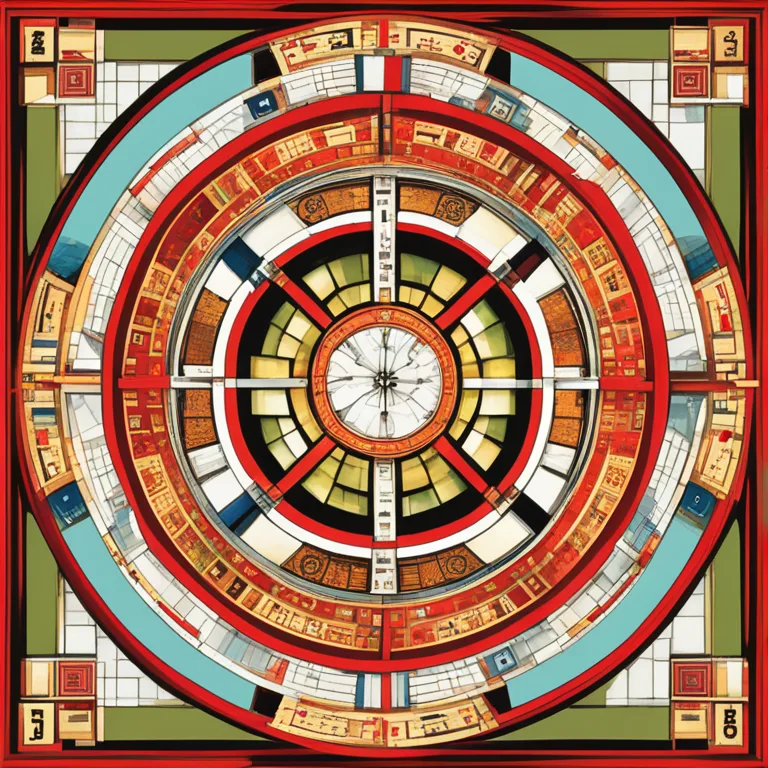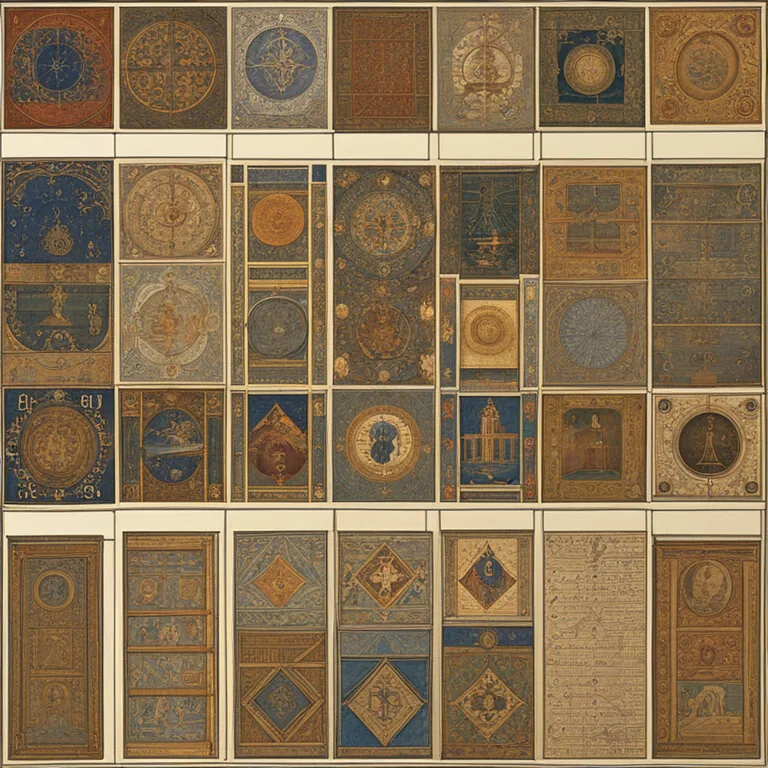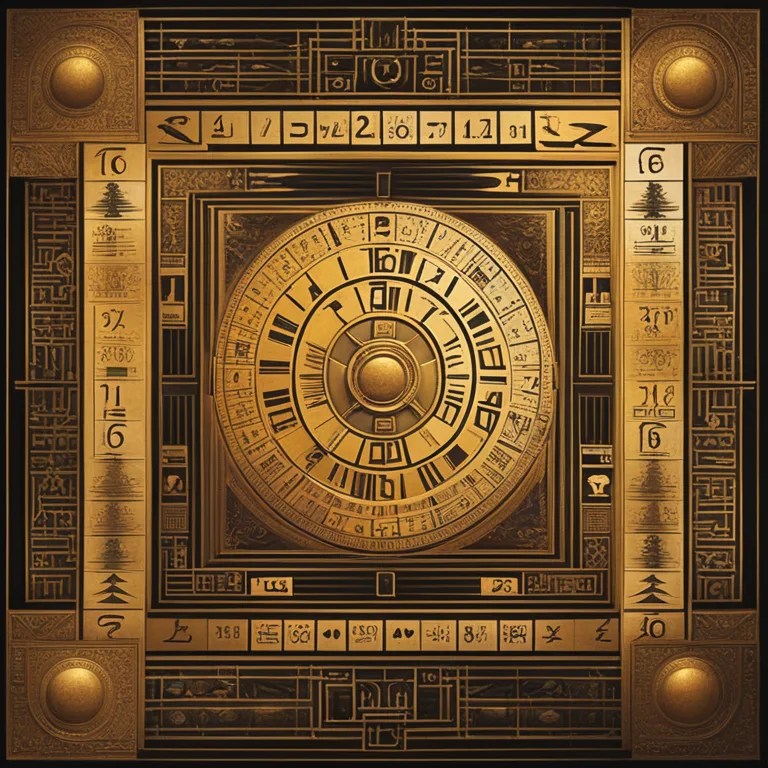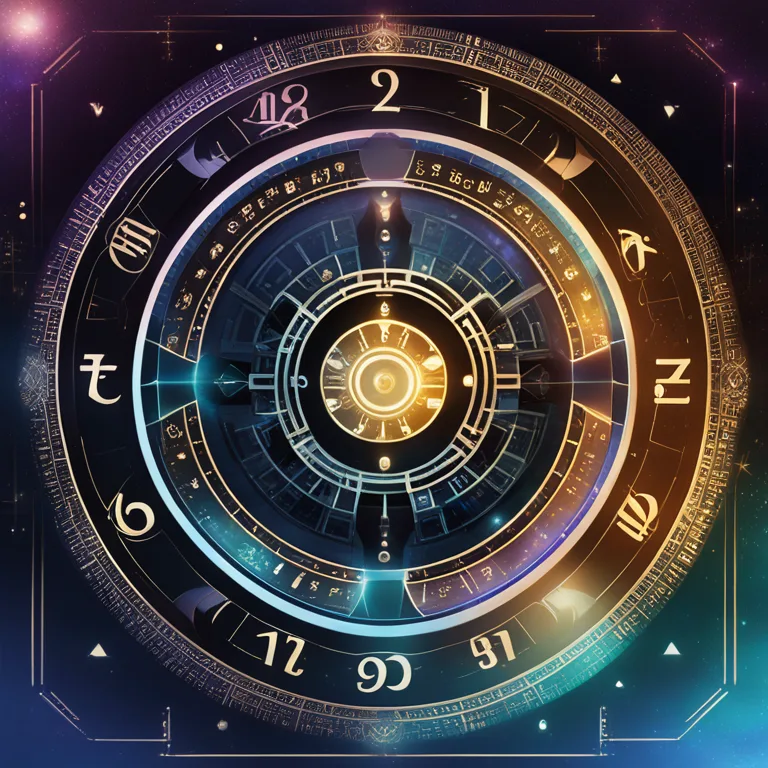
The Origins of Numerology: A Historical Overview
The article delves into the beginnings of numerology, charting its historical roots and evolution.
article by Sofia Ferguson
Numerology's Ancient Emergence
Numerology, often seen as a mystical blend of mathematics and spirituality, began long before recorded history. Ancient civilizations like the Egyptians and Babylonians practiced forms of numerology, using numbers to divine the future and understand the divine. Pythagoras, a Greek mathematician and philosopher born around 570 BC, is frequently associated with formalizing numerology's use in the Western world. He believed numbers held a sacred and mystical significance beyond their mathematical value, laying the groundwork for modern interpretations of numerology.

Cultural Expansions of Numerical Insight
While Pythagoras could be credited with formalizing numerology in the West, the practice saw independent development across various cultures. The Chinese, for example, have long used numbers for fortune-telling and Feng Shui, hoping to attract luck and harmony. Hebrew mysticism presents the Kabbalah, where the Gematria system assigns numerical value to words and phrases for spiritual interpretation. The pervasive nature of numerology throughout history suggests a universal human desire to understand life through the lens of numbers.

Mediaeval to Modern Numerological Practices
The middle ages saw an intertwining of numerology, astrology, and alchemy. Renaissance magicians and scholars such as Cornelius Agrippa brought numerology into their broad occult studies, offering a deeper insight into the relationship between numbers and human existence. By the 20th century, modern numerology began to synchronize with psychological concepts, channeling its ancient practices into a tool for self-awareness and personality assessment. Through such synergy, numerology became increasingly popular with those seeking personal enlightenment and understanding.

21st Century: Numerology's Digital Renaissance
Entering the digital age, numerology experienced a resurgence, facilitated by the wide reach of the internet and the proliferation of self-help cultures. With the dawn of online platforms and applications offering personalized numerology readings, the ancient practice has adapted to the new era, reaching a broader audience than ever before. Today, numerologists use advanced algorithms to decipher the numerical patterns in one's date of birth, name, and other life aspects to provide guidance and forecast life events.

Numerology's Scientific Scrutiny
Despite its popularity, numerology faces skepticism, with many regarding it as a pseudoscience. Critics argue that there is no empirical evidence supporting the mystical attributes given to numbers. However, supporters counter that numerology, like art, transcends empirical boundaries, providing subjective insights and value to individuals. As with all metaphysical disciplines, numerology's relevance lies in its application and the meaning users derive from it, rather than objective validation.
Continued Evolution of Numerological Studies
As we look beyond 2024, numerology is set to evolve further, intertwining with emerging cultural and spiritual paradigms. With the ongoing interest in personalized spirituality and self-discovery, numerology remains a tool of interest. Its longevity speaks to the persistent human quest to find order in the cosmos, and as our world becomes increasingly data-driven, the allure of uncovering meaning within numbers only grows stronger. Numerology, regardless of its perceived validity, seems poised to continue its journey alongside human civilization.
Published: 12/21/2023
Modified: 12/21/2023
More predictions
Come back here soon to learn more about yourself and your future


Insights for Personal Year 2 in Numerology
Discover the resonances and potential of Personal Year 2 in numerology, guiding personal growth and relationships.


The Essence of Numerology's Spiritual Dimensions
Delve into numerology's spiritual meanings and discover how numbers shape your spiritual journey and destiny.


The Origins of Numerology
Tracing the Roots and Founding Minds Behind Numerology